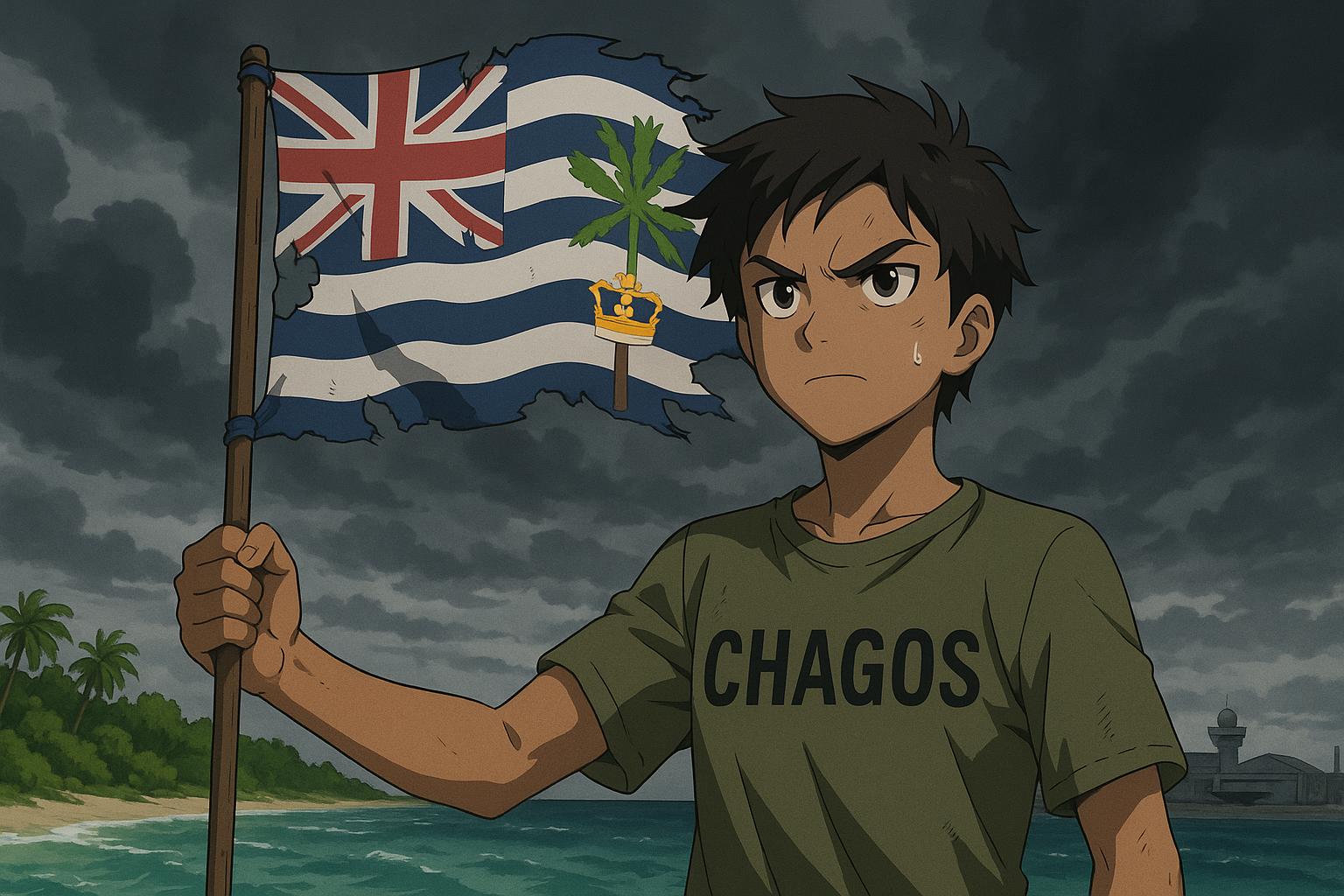The recent agreement between the UK and Mauritius concerning the Chagos Islands has resurfaced contentious debates surrounding colonial injustices and the fate of the displaced Chagossian people. This deal, signed last month, entails the UK transferring sovereignty of the Chagos archipelago to Mauritius while retaining a 99-year lease on Diego Garcia, home to a critical military base used by both the UK and the US. The financial terms reportedly involve the UK paying £101 million annually, drawing significant scrutiny from both local campaigners and international observers.
Critics of the deal, including Chagossian campaigners, have expressed alarm over the UK’s seeming disregard for the indigenous population's plight. Notably, a formal legal communication has been submitted to the United Nations Human Rights Committee, aiming to contest the legitimacy of the agreement. The Chagossians, who were forcibly displaced from their homeland between 1965 and 1973 during the establishment of the military base, have cited that their exclusion from the negotiations further entrenches historic injustices.
The UK established a £40 million ‘Future Fund’ touting it as a financial mechanism aimed at helping resettle the Chagossians and fostering economic opportunities for future generations. However, emerging reports indicate that the Mauritian government plans to allocate funds derived from the Chagos deal primarily towards servicing its debts in the initial years of the agreement, rather than towards resettlement efforts. The budget for the 2025/26 fiscal year explicitly states that revenues from the islands will be redirected to debt repayment for the first three years, which has left many Chagossians and their supporters feeling sidelined.
Jean Francois-Nellan of the campaign group Chagossian Voices expressed disappointment at this development, stating, “Chagossians are being erased from both the history and future of Mauritius." His comments underscore wider discontent regarding the Mauritian government's focus on balancing financial commitments rather than addressing the fundamental needs of the Chagossian community.
Compounding the issue is Mauritius’ ongoing struggle with its historical narrative and relationship with the UK. Despite both governments asserting a commitment to acknowledge past wrongs, concerns about the Chagossians' rights to return and participate in future decisions remain unresolved. The UN's forthcoming decision on the matter, while not legally binding, could offer significant moral weight that challenges the legitimacy of the agreement, especially if it rules in favour of the claims made by the Chagossians.
Furthermore, the geopolitical ramifications of the deal cannot be dismissed. The agreement is also perceived as a strategic asset amidst growing fears of increased Chinese influence in the region, as some observers warn that Mauritius could alter its lease agreements to favour relations with China over those with the UK and the US. This has added another layer of complexity to an already fraught situation, prompting urgent discussions about the nature of international alliances and military strategy in the Indian Ocean.
As Sir Keir Starmer asserts his government’s national security rationale behind the deal, he finds himself navigating a political maelstrom of historic injustices, human rights concerns, and international security dilemmas. The backlash from both domestic and international fronts highlights the multifaceted challenges of addressing colonial legacies while maintaining strategic military partnerships. As campaigners like Bernadette Dugasse and Bertrice Pompe continue their advocacy for the rights of Chagossians, it remains to be seen whether their efforts will alter the course of this controversial agreement.
📌 Reference Map:
- Paragraph 1 – [1], [4]
- Paragraph 2 – [1], [2], [5]
- Paragraph 3 – [1], [6]
- Paragraph 4 – [1], [5], [3]
- Paragraph 5 – [2], [4]
- Paragraph 6 – [1], [6], [7]
Source: Noah Wire Services
